Washington's discontinued program that targeted researchers casts shadow
U.S. policies that restrict China are harming the United States' own scientific community in the pursuit of a wrong strategy to compete with China, experts say.
"There's been a chilling effect among researchers of Chinese descent at our colleges, universities and private industry," said Gary Locke, a former U.S. ambassador to China, also chair of the Committee of 100, at a recent panel discussion at Stanford University.
He believes an immediate solution to counter the chilling effect would be implementing clearer and more consistent guidelines across federal funding agencies.
It is a violation of those federal laws and regulations that are putting Asian Americans, specifically Chinese American scientists and researchers, in the crosshairs, he said.
For example, Locke said, disclosure forms and requirements for a grant under the National Institutes of Health might be completely different from those by the National Science Foundation, and then the applicants would suddenly find themselves "trapped".
"If the heads of your laboratories and research groups at Stanford University are afraid to even apply for grants, what does that do to the pipeline of innovation and discovery coming out of Stanford University?" he asked.
"I think the government needs to get its act together, be clearer, and there needs to be more aggressive enforcement, education and monitoring," Locke suggested.
Although the China Initiative, a program targeting researchers of Chinese descent over espionage concerns, ended in February 2022, it still casts a shadow on Chinese American academics, said Gisela Perez Kusukawa, executive director of the Asian American Scholar Forum.
Main concerns
One of the main concerns within the legal community on the China Initiative is how the program criminalized normal academic activities, said Kusukawa, a civil rights attorney.
She said that the policies have resulted in preventing researchers from leading a federal grant proposal out of fear and have made it more difficult to attract international students.
"We cannot make the same mistake we did in the past, which is not to talk directly with the communities that will be most affected," Kusukawa said.
She also blamed the role of racial bias, saying the perception of Asian Americans as perpetual foreigners "exists in our country and permeates both in society and within our federal government".
"This is something that is deeply problematic. This is an experience that Asian Americans are having right now where they're facing heightened scrutiny from their own government," said Kusukawa.
According to a survey by the Asian American Scholar Forum, titled "Caught in the Crossfire: Fears of Chinese American Scientists", 72 percent of the more than 1,300 responding professors of Chinese descent across the U.S. said they feel unsafe in the country; 42 percent are fearful of conducting research; and 45 percent intend to avoid federal grant applications due to fear.
"There is no nation that is more tightly integrated into the American research enterprise than China," said Glenn Tiffert, a research fellow at Stanford's Hoover Institution.
He noted that 13.4 percent of all science and engineering doctorates last year were granted to students from China, adding that "this is a critical contribution to the United States".
China's "incredible talent, world-class facilities, generous funding just on the merits" mean "there's every reason for us to continue to collaborate just to do it in a safer, wiser way", he said.
To win the competition, the U.S. needs immigration reform and investment in basic research, said Tiffert. However, the U.S. government's strategies "have mostly been about restricting rather than enabling".
"Our strategy here cannot rely on China to fail or on the U.S. to throw obstacles in China's path," he said.
"We've not been doing that well enough. We've not been investing in our higher education system. Our per capita research productivity is less than Germany's, the UK's and even China's now," Tiffert said.








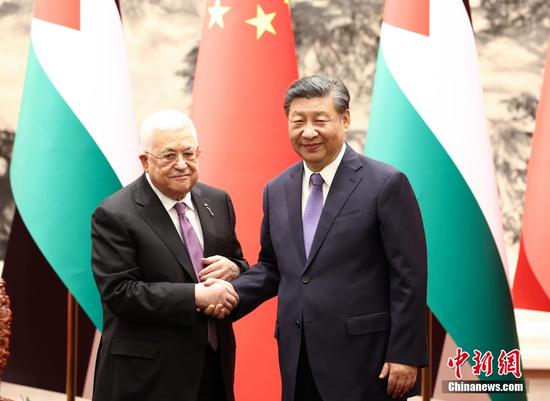

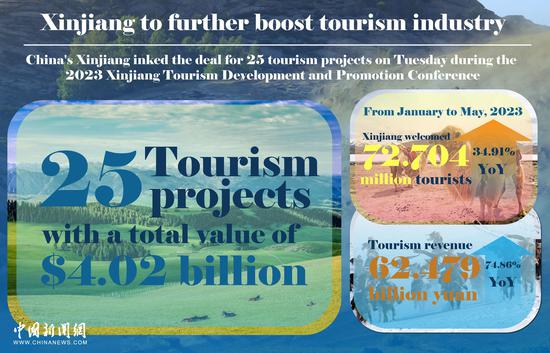
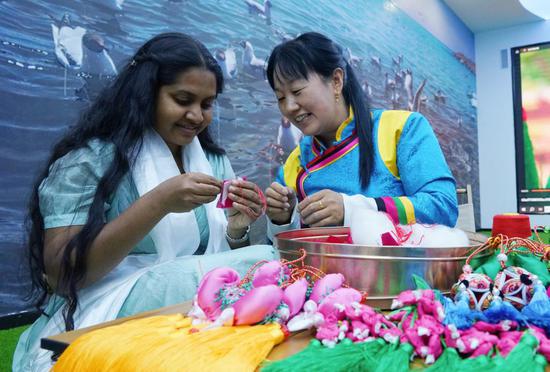

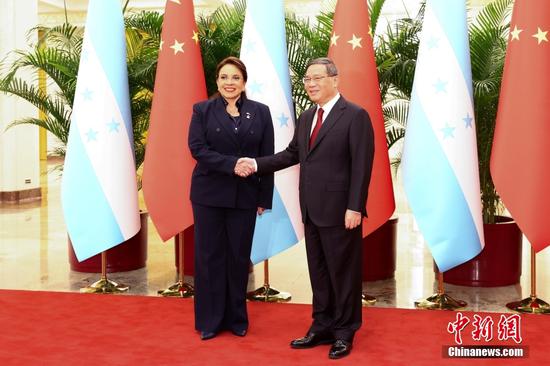


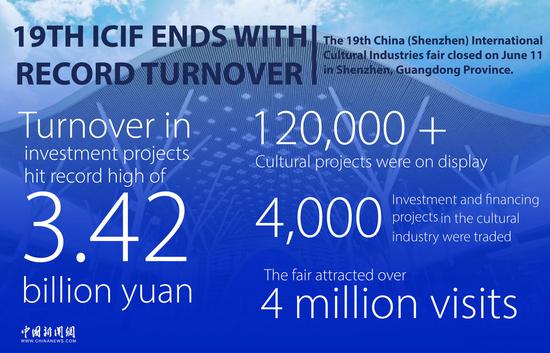

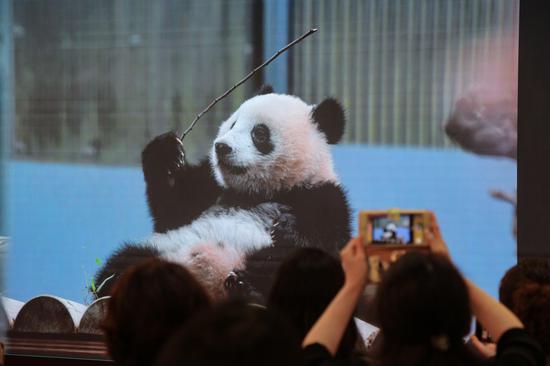


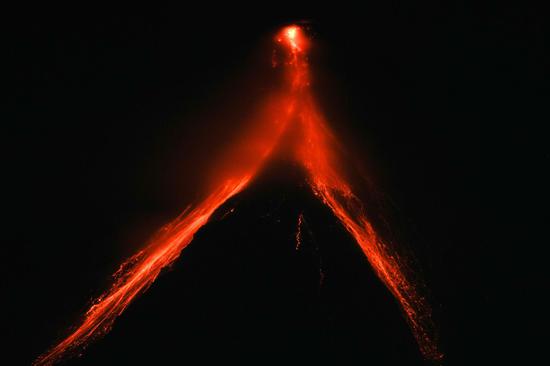

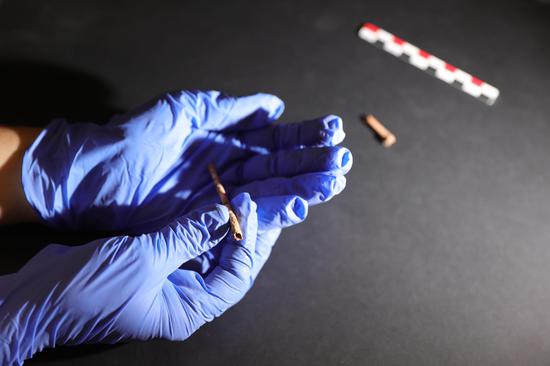
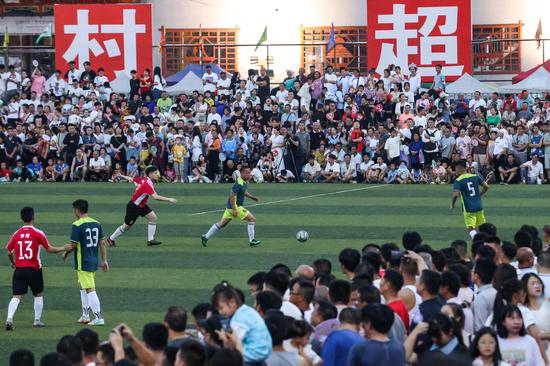
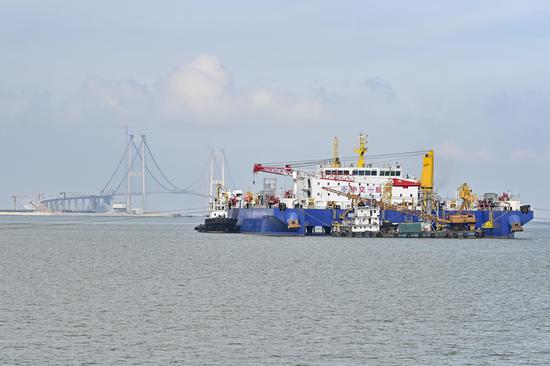
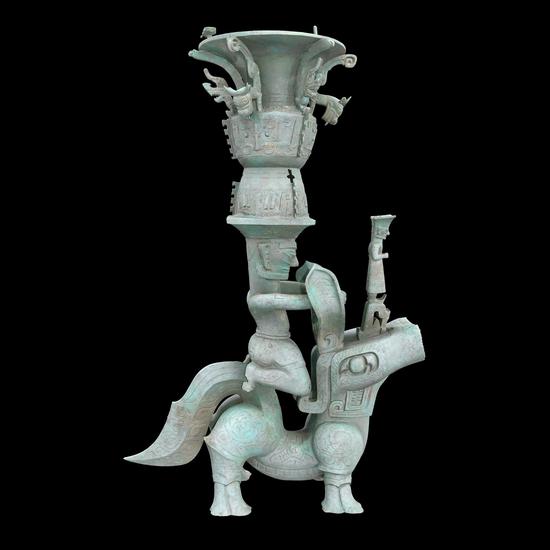

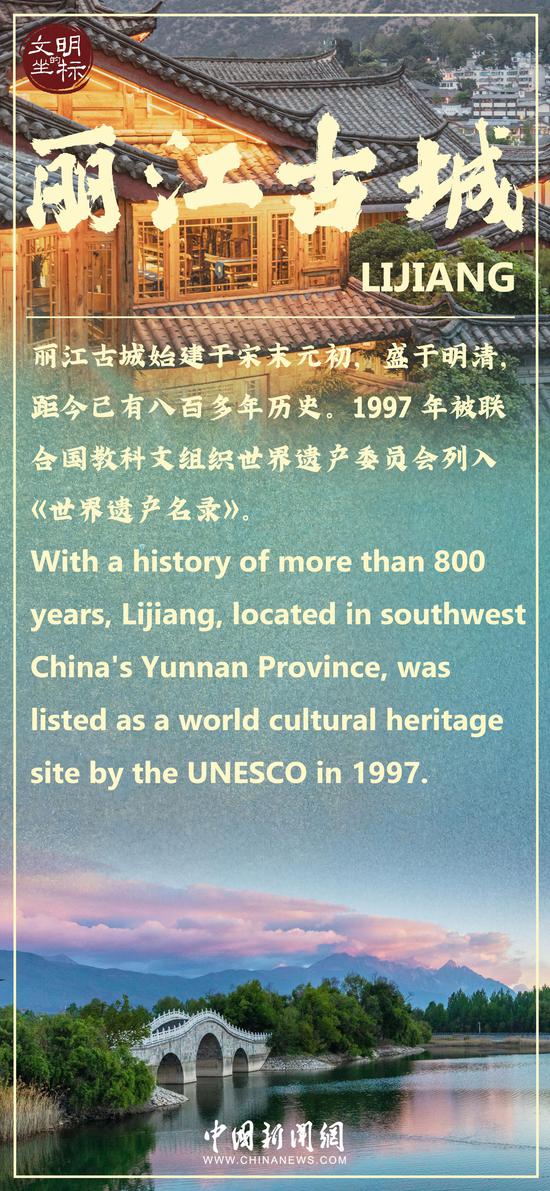

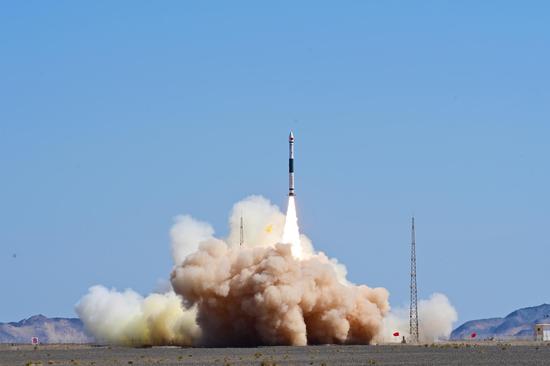
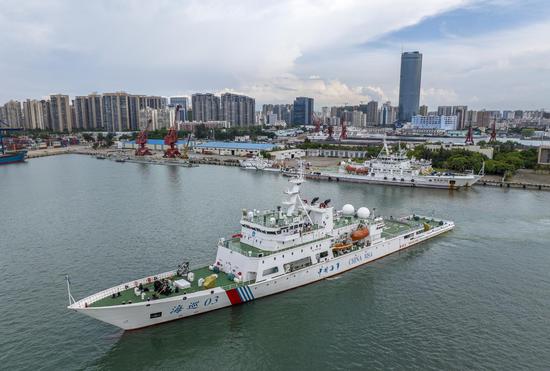
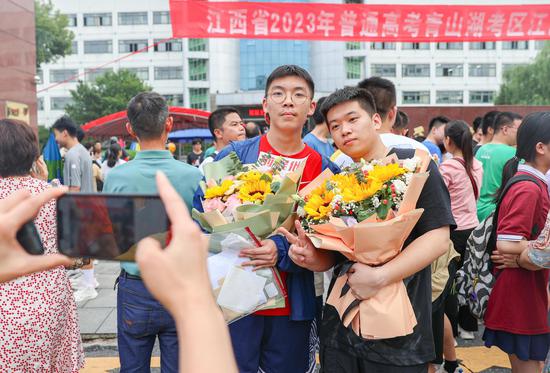

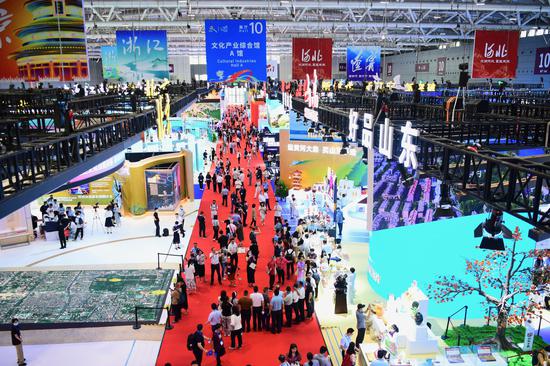


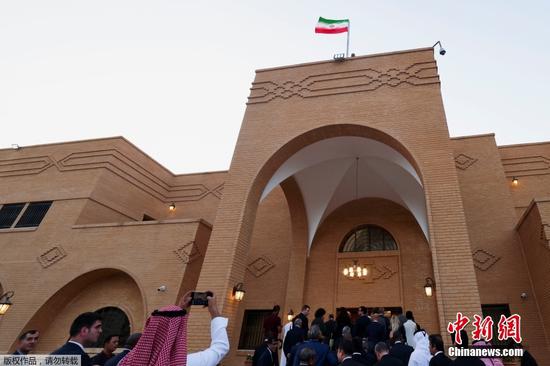
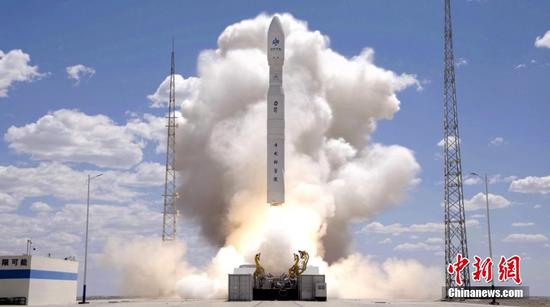





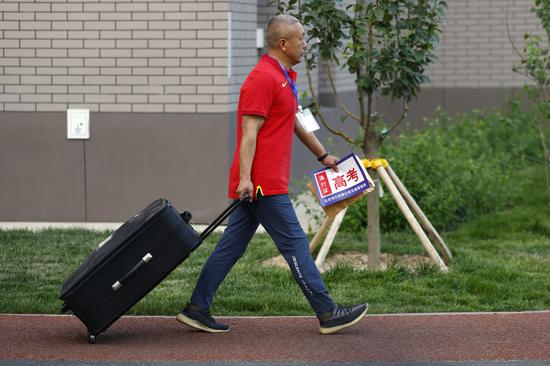





 京公網安備 11010202009201號
京公網安備 11010202009201號